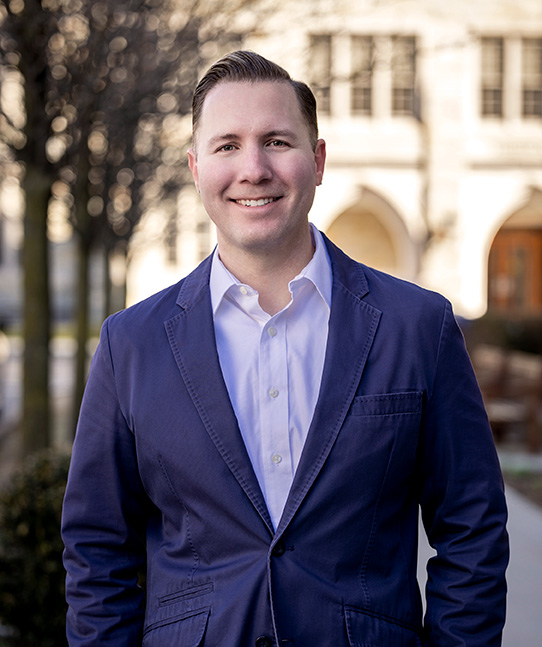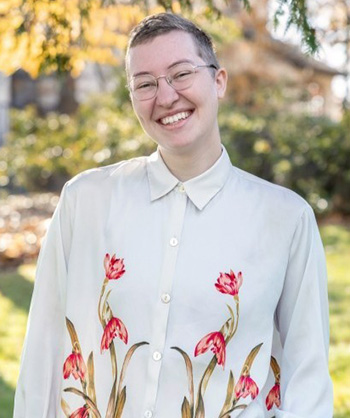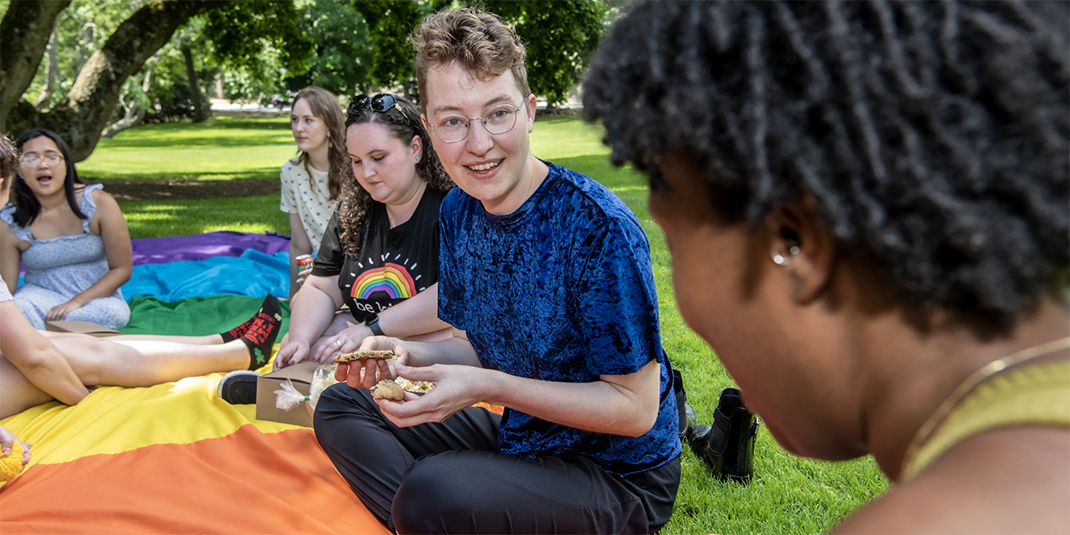
For one assignment in the program, students will create low-fidelity prototypes of products using paper and digital technologies. Graphic by iStock.
The Boston College School of Social Work is expanding its suite of academic offerings to include a certificate program in design thinking, a collaborative process for generating innovative solutions to thorny problems.
Organizers said the program will prepare master’s students to work with communities to create scalable interventions for positive social change, with a particular focus on prototyping and testing new products and services in partnership with the people who need them most.
“Design thinking is a natural part of what social work practice should be when we’re talking about how to solve social problems within organizations and communities,” said Cal Halvorsen, an assistant professor who created the certificate in collaboration with faculty members Samuel Bradley, Jr., Thomas Crea, Praveen Kumar, Vincent Fusaro, Samantha Teixeira, and Marina Rakhilin. “It’s a way to think about how to engage people who are experiencing issues to find solutions.”
The program, “Design Thinking for Social Change,” will go into effect in June and require students to complete three courses: Basic Skills in Macro Practice, Theories of Design Thinking for Social Change, and Practicing Design Thinking for Social Change. It is part of a growing effort by the BC Office of the Vice Provost for Research, led by Associate Vice Provost of Design and Innovation Strategies Sunand Bhattacharya, to spur initiatives in design education, experiences, and research at multiple levels of the University.
Rakhilin, who plans to teach the two design thinking courses, said students will come away from the program knowing how to amplify the voices of marginalized stakeholders at every step of the design process. Participants will master the use of several digital platforms to facilitate remote collaboration, according to Rakhilin, a part-time faculty member who runs a consulting firm that fosters partnerships between designers and researchers, and learn how to test the impact of new products and services on the health and wellbeing of those in need.

Assistant Professor Cal Halvorsen.
“How do we engage communities, especially people who have been marginalized for decades? And how do we hold a space for them, whether it’s a virtual space or a physical space?” said Rakhilin, listing the big questions that the program will tackle. “How do we get to a place where those people can share their honest opinions, disagree, have conflict, and design something together?”
The assignments in the design thinking courses will build on each other. One of the first assignments in Theories of Design Thinking will require students to write a proposal to incorporate community voices into a research study or existing initiative. As part of the assignment, students will be asked to describe how they would explain the purpose of the project in layperson terms, where they would host stakeholder meetings, and how they would center the needs of marginalized community members. The final project for Practicing Design Thinking for Social Change, the capstone course, will require students to create a high-fidelity prototype of a product, program, or service that solves a problem within an organization of their choice.
Halvorsen said students who complete the certificate will have a leg up in the competition for social work jobs that require leadership skills, including positions for program managers and operations directors. The coursework, he said, will ensure that they have several well-developed projects in their portfolios to show hiring managers that they understand how to work with communities on the ground.
“Students will come away with very specific tools and skills that they can run with in whatever social work jobs they end up taking from the clinical to the macro levels,” he said.

Part-time faculty member Marina Rakhilin.
BCSSW Dean Gautam N. Yadama said that the certificate program aligns with the School’s commitment to addressing complex challenges in collaboration with those in need.
As he put it, “Our approach to design thinking is at the core of what social work practitioners do: deeply engage those embedded in everyday social, environmental, and economic dilemmas to create and execute viable solutions.”
At the start of the summer semester, Design Thinking for Social Change will officially become BCSSW’s latest certificate program in a subject-specific area of social work. Students may complete up to two certificates, which include programs in trauma, child welfare, and Black leadership, among many others.
Rakhilin suggested students consider the design thinking program, saying it meshes well with the core values of the social work profession.
“You don’t have to be tech savvy to specialize in design. You can be clinically-oriented or take a systems approach,” said Rakhilin, who graduated from BCSSW’s part-time master’s program in 2023. “We’re trying to debunk who can be a designer—and it’s anyone who can communicate well, bring people together, and understand structural inequities. That’s asking a lot, but that’s what social workers do.”
Halvorsen said Rakhilin was the first person he asked to help him create the program, noting that he got to know Rakhilin in his Basic Skills in Macro Practice course.
“Marina is a kind and empathetic person, but also brilliant,” said Halvorsen. “I can’t think of anyone who is better suited to teach these courses.”



